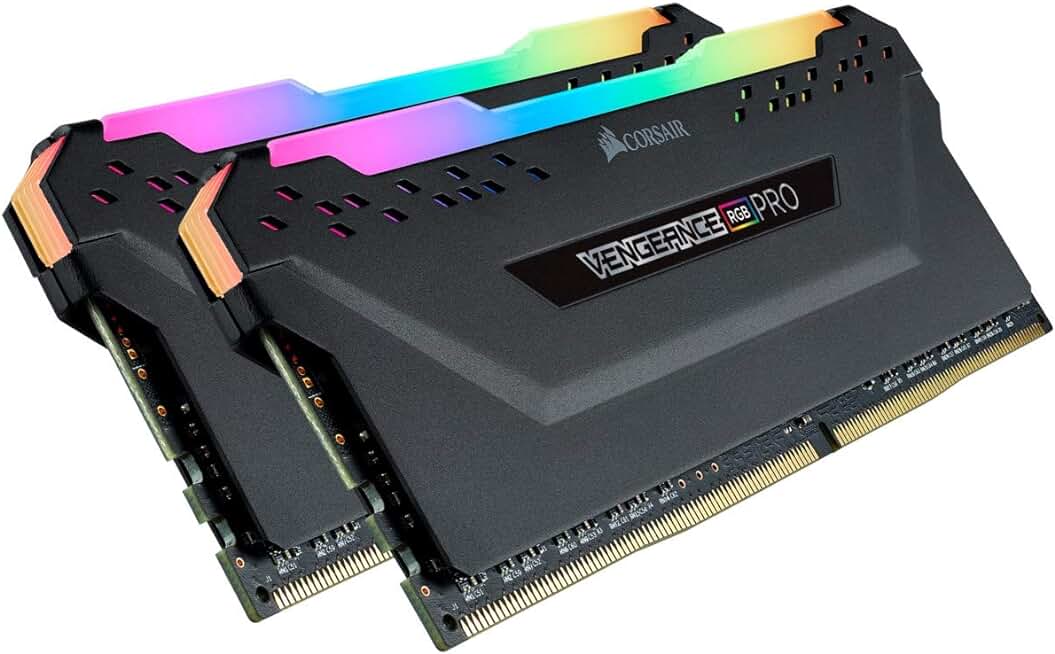Experiencing issues with your PC constantly turning on and off? Learn how to fix this problem with the help of the tech support community on Reddit.
Investigate Power Supply and Cable Connections
Next, examine the power cable for any fraying or damage. Try using a different power cable to see if that resolves the issue. Additionally, check the power outlet to ensure it is working properly.
If the problem persists, it could be a fault with the motherboard. Check for any visible damage or loose connections on the motherboard. It may be necessary to seek professional help to diagnose and fix the problem.
By investigating the power supply and cable connections, you can determine the root cause of your PC turning on and off erratically. This will help you to effectively resolve the issue and get your computer back up and running smoothly.
Monitor and Manage Computer Temperature
- Check for dust buildup inside the computer casing
- Ensure proper ventilation around the computer
- Use cooling pads or fans to help regulate temperature
- Monitor internal temperatures with hardware monitoring software
- Consider reapplying thermal paste to the CPU
- Check for any malfunctioning components that may be causing overheating
Troubleshoot Memory Issues

If your PC power keeps turning on and off, it could be due to memory issues. One common culprit is a faulty RAM module. Try reseating or replacing the RAM sticks to see if that solves the problem. Another possible cause could be a loose connection between the RAM and the motherboard. Make sure the RAM is securely inserted into the DIMM slots.
If the issue persists, it may be worth checking the power supply unit. Ensure all power cables are properly connected and test the PSU with a multimeter to check for voltage irregularities. In some cases, a failing PSU can cause the PC to power cycle.
Lastly, it’s also a good idea to check for any overheating issues. Clean out dust from the computer case and make sure all fans are functioning properly. Overheating can sometimes lead to erratic behavior in computers.
By troubleshooting these memory-related issues, you may be able to resolve the problem of your PC power turning on and off.
Examine Motherboard and Processor
To fix a PC that keeps turning on and off, first check the motherboard and processor for any issues. Make sure all connections are secure and there are no loose components. If there are any visible signs of damage, such as burnt marks or bulging capacitors, they may need to be replaced.
Next, reset the BIOS settings to default by removing the CMOS battery for a few minutes and then reinserting it. This can sometimes resolve power-related issues.
If the problem persists, try testing the power supply with a multimeter to ensure it is providing the correct voltage to the motherboard. A faulty power supply can cause the PC to repeatedly turn on and off.
Address Automatic Restart and BIOS Updates
If your PC keeps turning on and off, one possible cause could be an automatic restart due to system updates. To address this issue, check your BIOS settings to see if automatic restart is enabled. If so, disable it to prevent the constant cycling of power.
Another potential reason for the continuous on and off is the need for a BIOS update. Check the manufacturer’s website for any available updates for your motherboard. Updating the BIOS can sometimes resolve power-related issues.
In addition, make sure to check your power supply unit to ensure it is functioning correctly. A faulty PSU can also cause the PC to turn on and off repeatedly.
If the problem persists after addressing these issues, it may be necessary to seek assistance from a professional technician to diagnose and fix the underlying cause of the power cycling.
Explore Repair and Reset Options
If your PC power keeps turning on and off, there are a few repair and reset options you can explore to try and fix the issue.
First, check the power supply unit (PSU) to make sure it is functioning properly. You may need to replace it if it is faulty.
Next, reset the BIOS settings to default by removing the CMOS battery for a few minutes and then reinserting it.
You can also check for loose connections inside your computer case, especially with the power cables and connectors.
If the problem persists, try booting your computer in safe mode to see if the issue is related to software.
Lastly, if all else fails, consider backing up your data and performing a clean reinstall of your operating system.
Frequently Asked Questions
Why does my PC turn on and off repeatedly?
Your PC may be turning on and off repeatedly due to power issues such as a faulty power supply or problems with the power outlet or surge protector.
Why does my PC turn on for a second and then turns off?
Your PC may be turning on for a second and then turning off due to a faulty circuit or component, such as a capacitor. It is important to check for signs of damage on the motherboard, such as blown capacitors or burnt circuitry, to identify and address any issues.
Why is my PC turning on and right back off?
Your PC may be turning on and right back off due to a faulty power supply. Check to ensure that the power supply unit in your computer is working correctly, as it is often the cause of such issues.
How do I fix my computer power cycling?
To fix computer power cycling, you can try resetting the CMOS battery and power cycling the PC.
